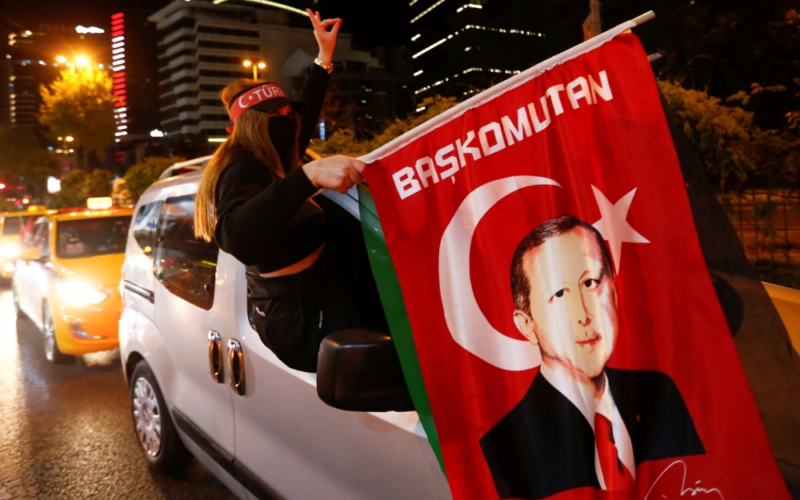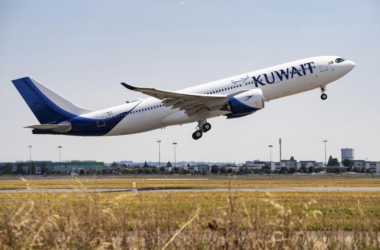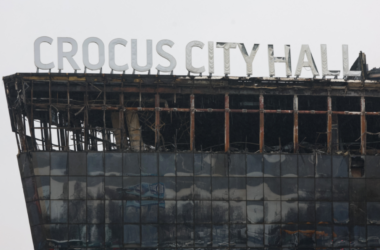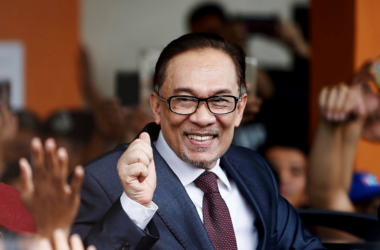In a bold move, Turkish President Recep Tayyip Erdogan has instructed Turkish officials to abstain from participating in the 2024 World Economic Forum in Davos. This decision stems from the forum’s perceived stance on the Israel-Hamas conflict, specifically its handling of the aftermath of the October 7, 2023, Hamas assault. The move reflects the Turkish government’s dissatisfaction with what they consider an insufficiently critical response to Israel’s actions during the conflict.
The World Economic Forum, held annually in Davos, Switzerland, serves as a crucial platform for global leaders, policymakers, and business figures to discuss and address pressing global issues. However, Erdogan’s decision to boycott the event this year showcases the depth of Turkey’s discontent with the forum’s handling of the Israel-Hamas conflict.
According to sources familiar with the matter, President Erdogan personally intervened in the participation of Turkish officials in the forum. Reports initially suggested that Treasury and Finance Minister Mehmet Simsek would represent Turkey at Davos. However, Erdogan later reversed this decision, emphasizing the government’s strong stance against what they perceive as an inadequate response to Israel’s military actions in response to the Hamas assault.
The catalyst for Turkey’s decision revolves around Klaus Schwab, the founder and executive chairman of the World Economic Forum. Schwab’s statement, released following the October 7 Hamas assault, drew criticism for being perceived as insufficiently critical of Israel’s response. Some critics argue that the statement did not adequately address the human cost, with thousands of Palestinian civilians reportedly killed during the conflict.
The Israel-Hamas conflict has been a longstanding and contentious issue on the global stage, with differing perspectives on the actions taken by both parties. Erdogan’s decision to boycott the World Economic Forum reflects Turkey’s position in solidarity with the Palestinian cause and its dissatisfaction with international responses that do not align with their views on Israel’s actions.
Turkey’s boycott of the 2024 World Economic Forum highlights how geopolitical issues and conflicts can spill into international forums. The move serves as a reminder of the complexities involved when addressing conflicts that evoke strong sentiments and divergent perspectives among the global community.
As tensions persist in the aftermath of the Israel-Hamas conflict, Erdogan’s directive to boycott the World Economic Forum underscores the challenges of navigating diplomatic relations and global discourse. The decision reflects Turkey’s commitment to its stance on the Israel-Hamas conflict and sends a powerful message about the importance of aligning international forums with principles that nations hold dear. The repercussions of this move may resonate beyond the forum, shaping diplomatic engagements in the months to come.








